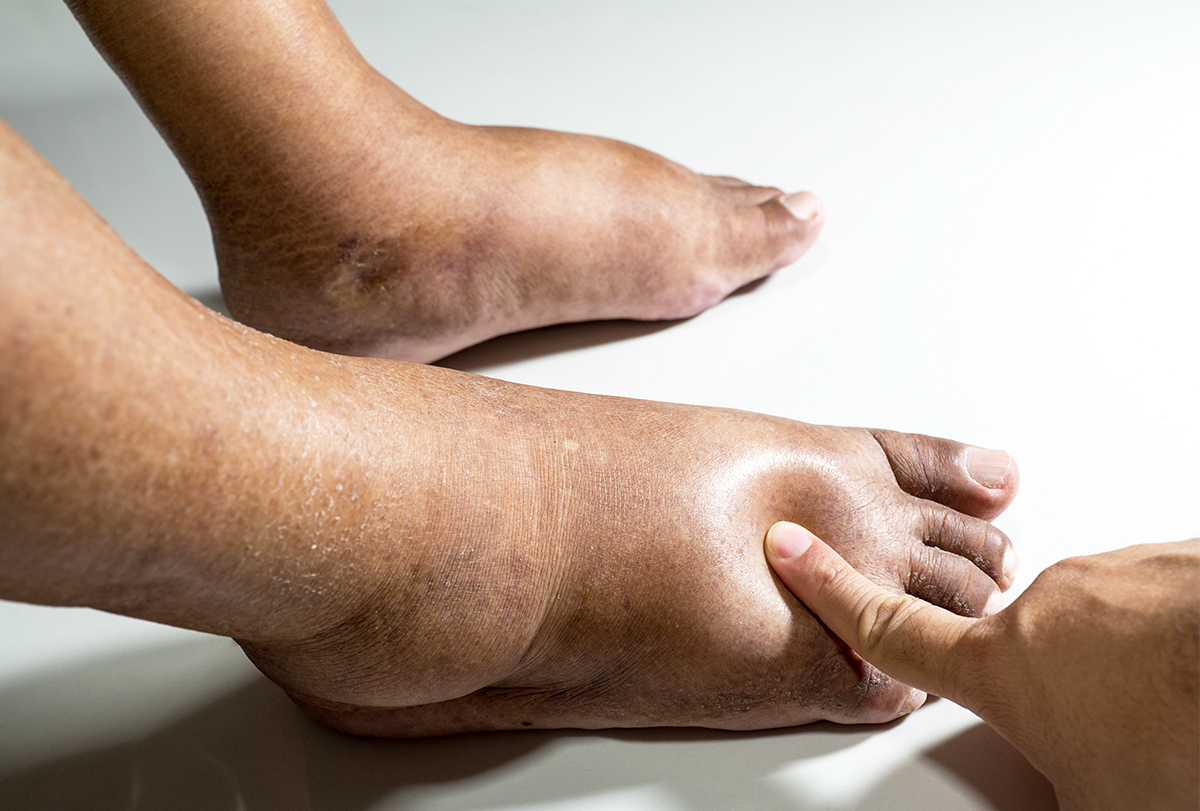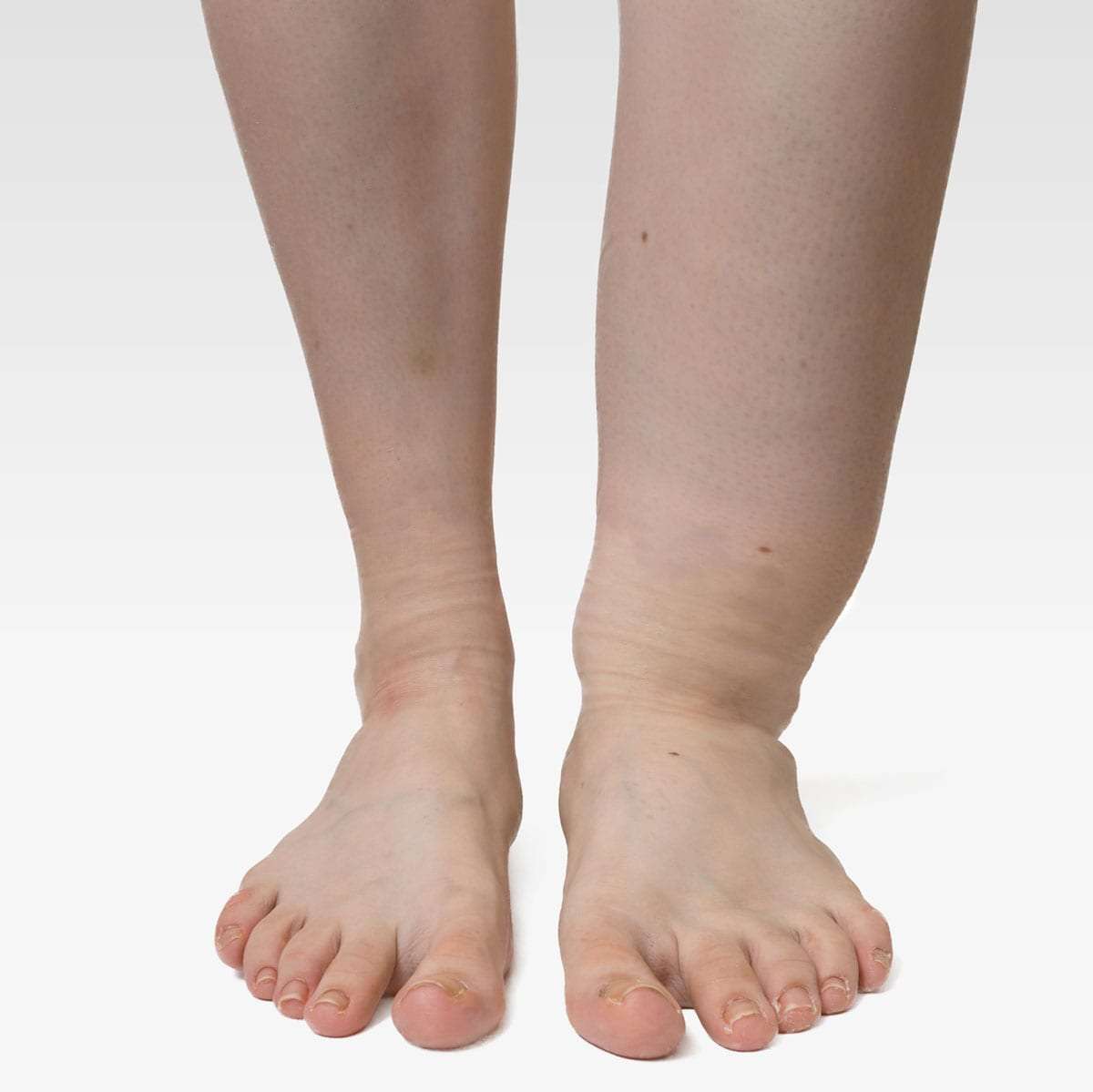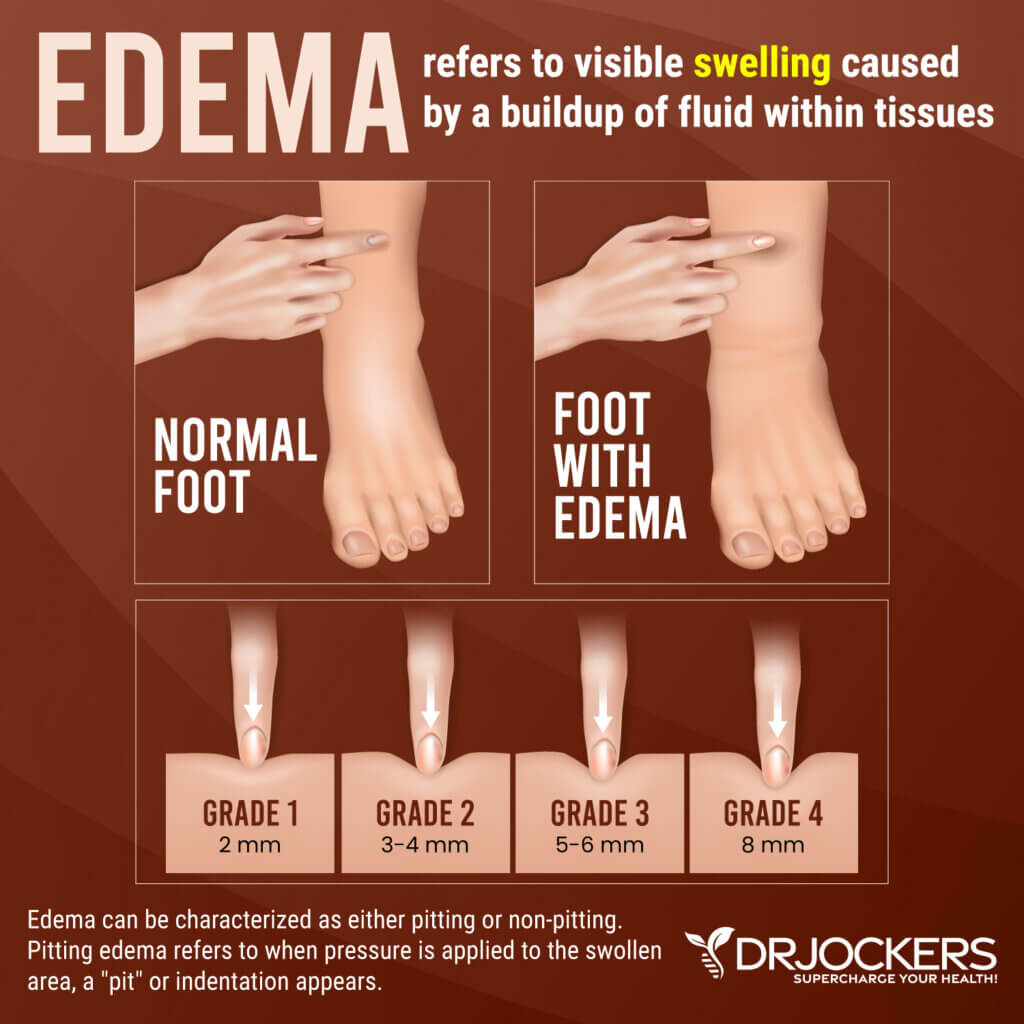Low battery
Battery level is below 20%. Connect charger soon.
Edema is a common manifestation of many underlying health conditions, such as congestive heart failure, kidney disease, or liver cirrhosis. It ensures tailored interventions that address both the symptoms and underlying causes of edema. Identifying the underlying cause of edema is essential for effective treatment. Mild edema will usually not require any interventions, as the swelling will subside on its own. The main goal is to identify and address the underlying cause of the edema, alleviate the swelling and discomfort, prevent complications like skin breakdown and infection, and improve the patient’s overall quality of life. Every good care plan follows a process, and this one is no different. · diagnostic tests that help uncover potential causes include ultrasounds, x-rays, mris, blood tests, and urinalysis. Elevating the affected limb above heart level to promote fluid drainage. · edema is swelling caused by fluid buildup in the tissues. The management of edema depends on its severity and the underlying condition. · developing a nursing care plan for edema is essential to assess the underlying causes, manage symptoms, and prevent complications associated with fluid retention. Several non-pharmacological strategies can be effective in managing edema: It can occur in any part of the body but is most noticeable in the face, arms, hands, legs, and feet. Understanding the underlying cause is crucial for effective management and treatment. Nurses play a critical role in the assessment and diagnosis of edema. Key actions include: · proper identification of the cause enables targeted treatment strategies to be introduced, helping to prevent irreversible changes to the skin and subcutaneous tissue and … · what is the main goal when addressing edema with a nursing diagnosis? We will discuss various nursing interventions that can be implemented, such as compression therapy, elevation techniques, and medication administration. A comprehensive edema nursing care plan is crucial for identifying specific patient needs. Spotting these signs and symptoms early helps guide the right nursing interventions for edema. Nurses play a pivotal role in caring for patients with edema.




